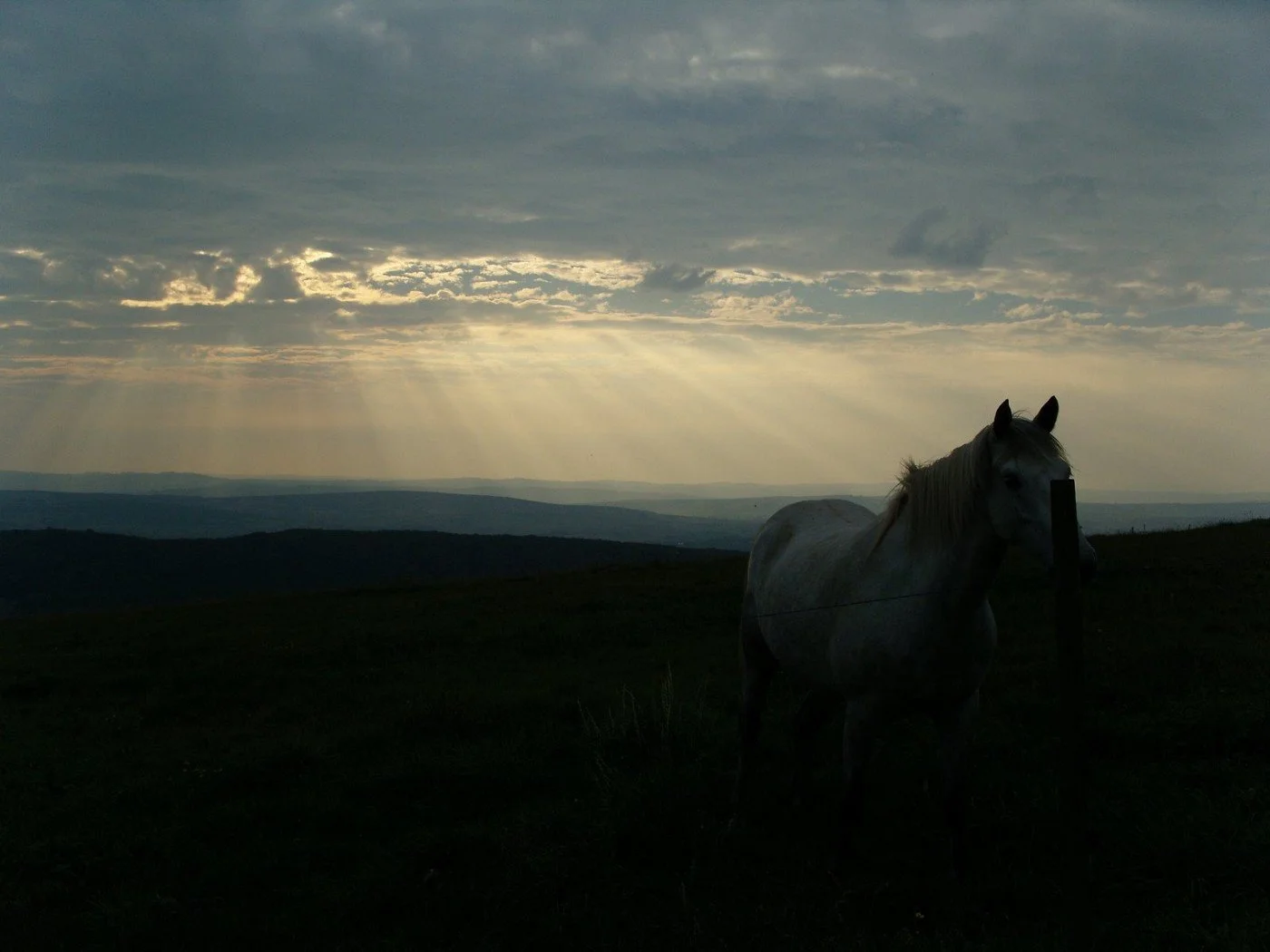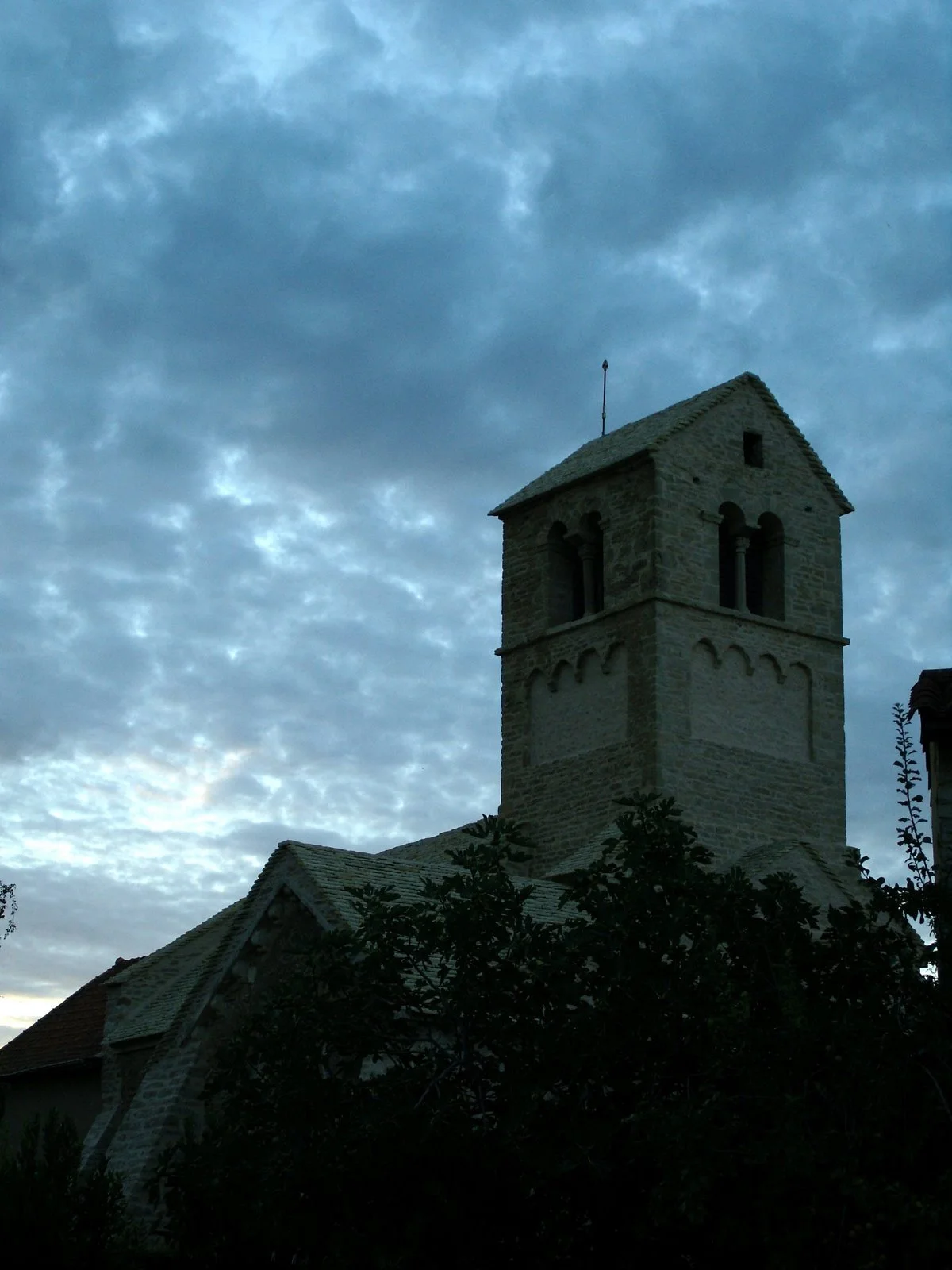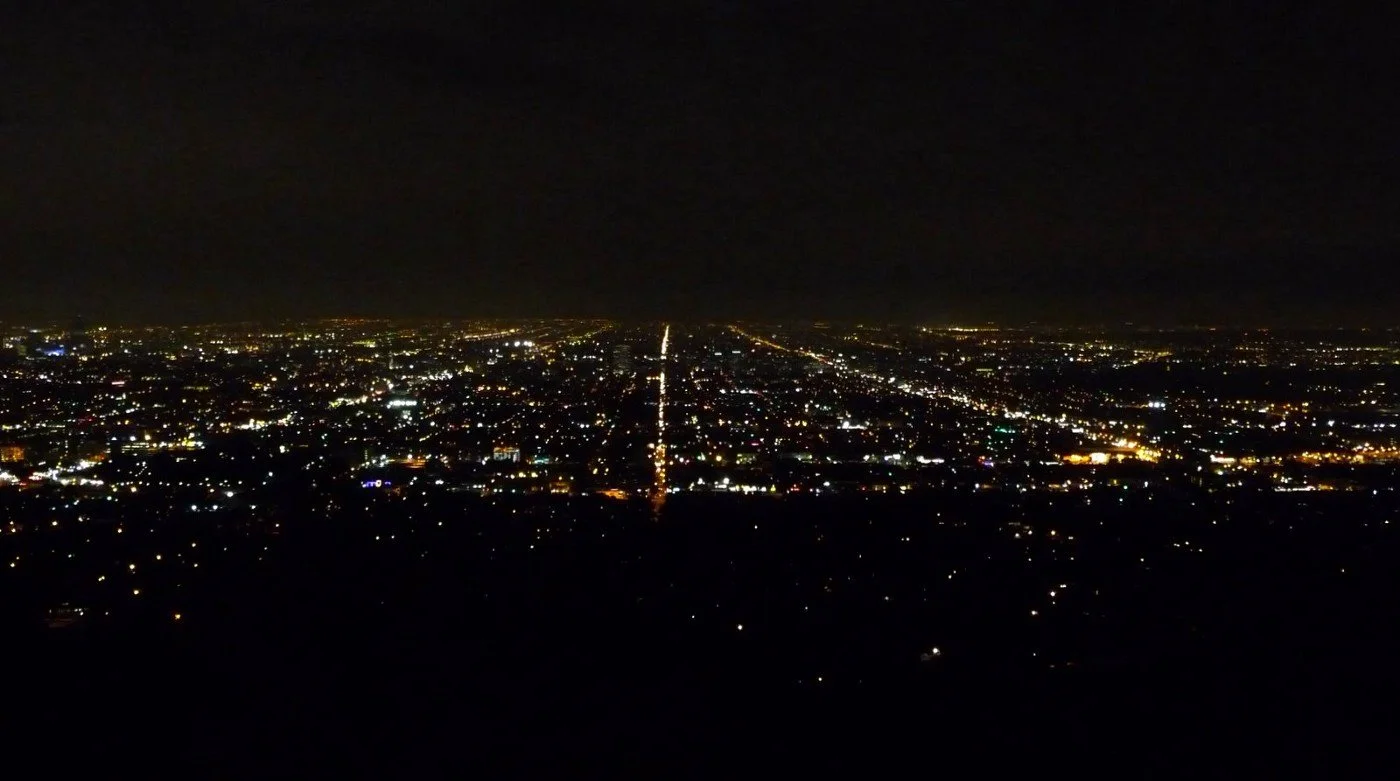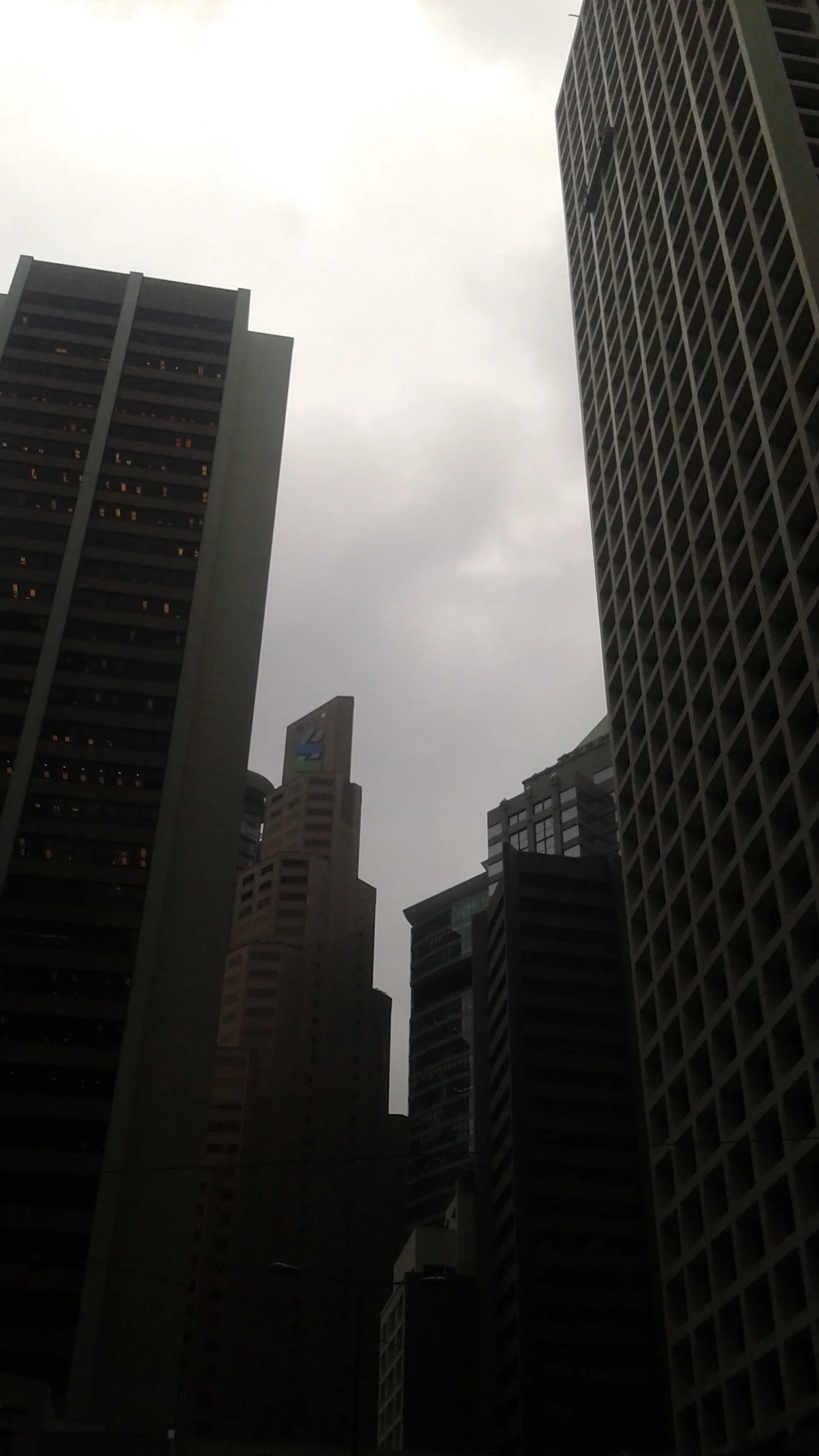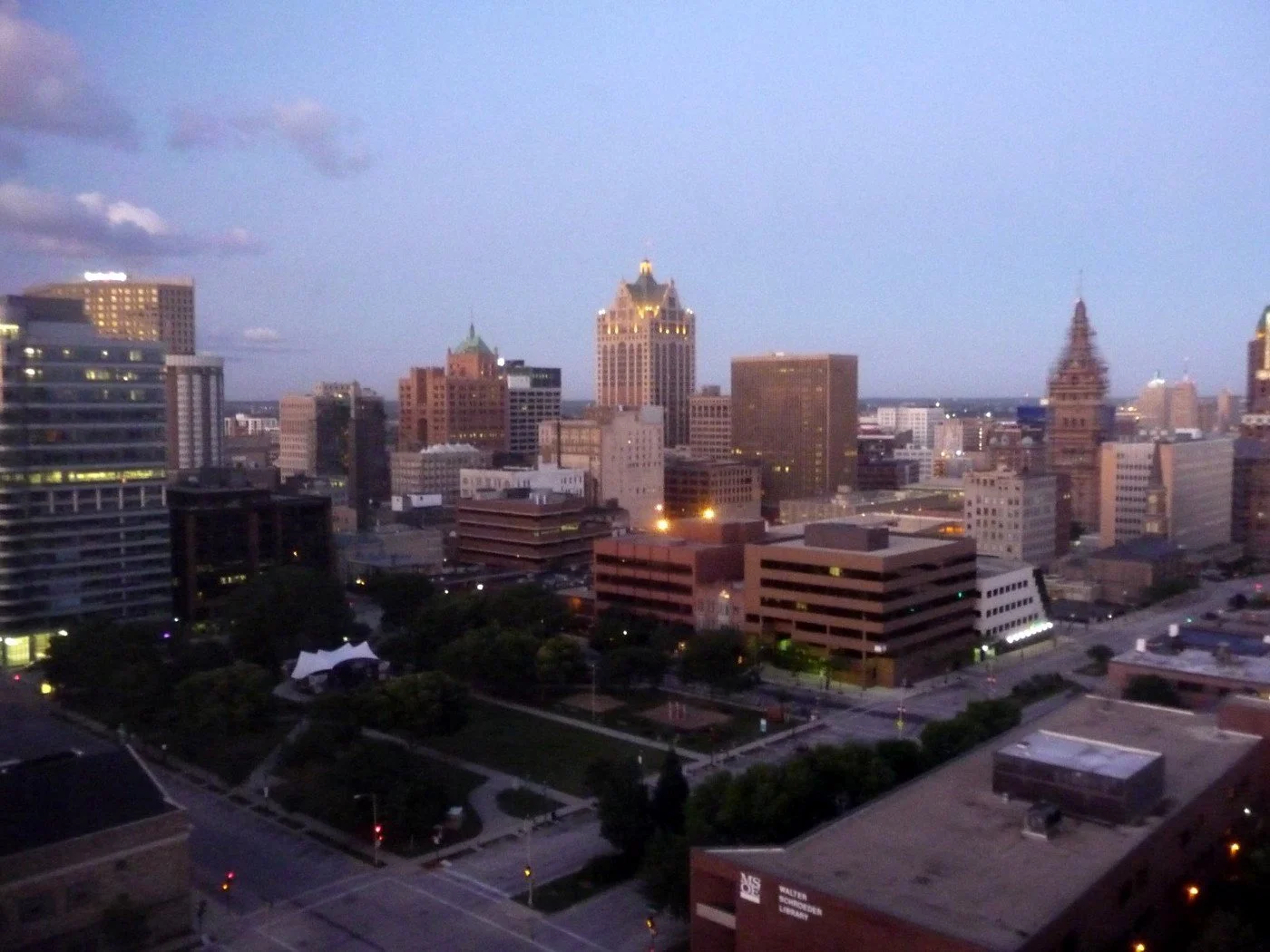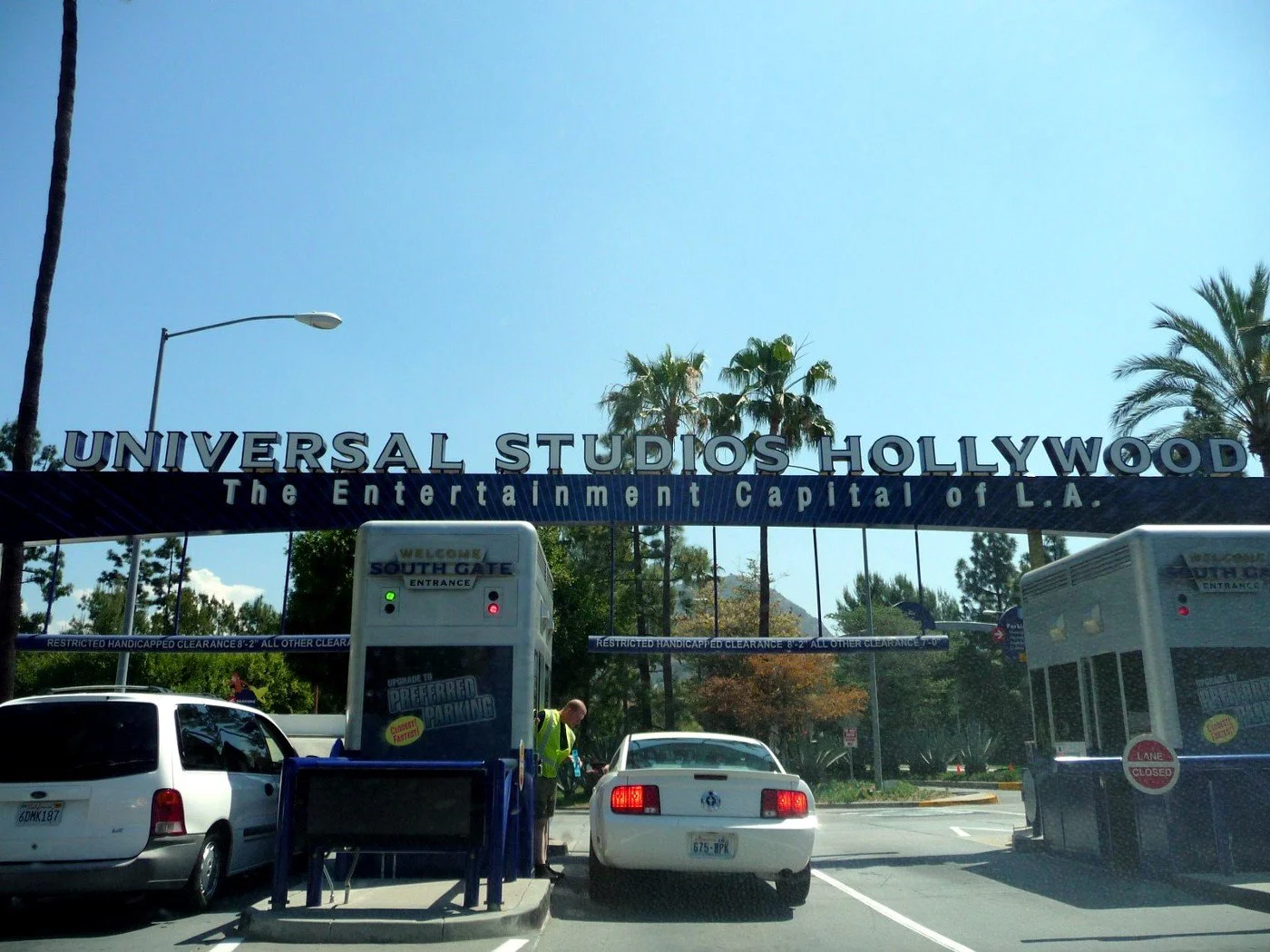“My personal history with racism”
On this day, #ShutDownAcademia #ShutDownSTEM.
Last edited, February 28, 2022, in closing of Black-History-Month.
I am from small-town France. My grand-parents were peasants, sharecroppers, who had moved to the city to become factory workers in the heavy industry. My Mom was the first in her family to get a higher education — she became a lab tech in the public hospital system.
My Dad escaped his fate of becoming a factory worker in an industry that eventually all but disappeared in the 1980’s, by enrolling in the Navy at 18. He became a mechanic on navy ships and circled the world several times shoved in engine rooms, bringing back stories and colorful language expressions, stemmed from years of virile camaraderie.
I spent my summers as a kid at my grand-parents’. “The factory” had attracted generations of immigrants to the city: Italians, Portuguese, Poles. Everyone lived in this modest housing development complex, sprawling over what used to be farmland in the outskirts. Folks would often grow their own vegetables in their small attached garden.
As a young boy, it looked like perfect harmony. But I was intrigued by the “Italians”, “Portuguese”, “Poles”. They lived next to us but seemed invisible. There was no animosity I could perceive, but it’s as if they were out of reach. I guess we were both shy.
I then realized the adults did not speak to each other either. I overheard conversations in which my relatives used mild, derogatory terms. Today, this would qualify as a manifestation of “ordinary racism” — a terrible expression.
I grew up in several mid-sized cities in France. I am grateful for the support and environment that my parents were able to provide. I spent a lot of time in day camps with other, often less privileged kids — I’d like to believe this helped me open my horizons.
I continued to be exposed to more “ordinary racism”, often from close relatives. Even as a teenager, that left me speechless. It is hard to explain but I could not find the words. When I did, I could only oppose emotionally. I felt sloppy and poorly equipped to argue articulately.
I realized that although not immune to racist stereotypes, racist views felt alien and brutal to me. This is something to reflect on because in principle, my environment would have reinforced expressions of such “ordinary racism”.
We are complex animals: racism is a phenotype not entirely driven by our education and milieu. That’s good, but it can go both ways: can one express racist views despite receiving a virtuous education and living in an enlightened environment? Probably yes, unfortunately.
In the 1980/90’s, tensions around the more recent Northern African immigration and their kids born in France grew unbearable in France. I went to college in the suburbs of Paris, which now symbolize the failed project of French “integration”: “immigrants need to live and look and pray like us or else…”
The campus was a privileged area, meaning joyful, studious and very white. We were occasionally confronted to Black and Arab kids “from outside”, who would break into a party and bring a form of chaos. This was upsetting.
In retrospect, what was actually upsetting is that we lived in a microcosmic student society, sealed off from a definitely more brutal reality out there.
I moved to the US in ’98. I was in L.A., both excited and intimidated to explore and discover the country, the people. It was post Rodney King L.A. I made friends with a mixed-race couple who knew him personally and referred to him simply as “Rodney”. I thought I could touch history.
One thing that I found shocking was that US folks would refer to “race” directly, as a feature. You were asked to declare your race on all kinds of forms. To me as a Frenchy, it was taboo: only racists mention race because in our so-perfect integration model, we MUST NOT see race.
Another singular thing about the US is the cult of heroes: the flag, the military, athletes, ordinary citizens transcended by extraordinary events, God. I’ve never been comfortable with it. To me, it flirts with fascism and just increases the cognitive dissonance with a violent reality. I am not sure how this dovetails with racism, if at all — I’ll leave it at that for now.
The US history is still relatively young — maybe that explains the uninterrupted violence, within & outside its borders: subjugation of native peoples, slavery, struggles for civil rights, gunned crimes, a biased justice system, unfair access to education and healthcare, etc.
It’s not that my country and others have lessons to give on the matter — see above. But that’s not a reason for not doing our best to raise our standards and advance our practices of good citizenship.
After returning to Europe, I moved back to the US in 2008. My own work and white privileges certainly contributed to me being well treated there. I became a permanent resident, had a Syrian boss, Indian & Turkish colleagues, students from Pakistan. So where was the problem?
My city was the most segregated against Blacks in the US. The abrupt racial divide is too often reflected in how US cities are parceled out in blocks. It’s hard to fathom for many Europeans, but it’s shocking how crossing the street in the US can take you into a completely different reality.
Once, in L.A., I mistakenly drove “too far” east on Washington Bvd. It was dark and I did not know the city well — no GPS in those days. I ended up in a nondescript post-industrial area, a Black neighborhood of dollar stores and boarded houses. I am still ashamed of then thinking that my day had come.
There is violence in how news and movies and sports events are constantly interrupted by ads. Harm is done when we are fed industrial, processed food. Prejudice is engrained in the stereotypes of pop culture, news reports and in some of our history books. But the unbearable brutality is in the realities of xenophobia and racism.
I am glad that my teens took the streets and demonstrated in support of #BlackLivesMatter with their friends of color. They better me in every way and give me hope and strength for the future.
Text & pictures: Sylvain Baillet.
